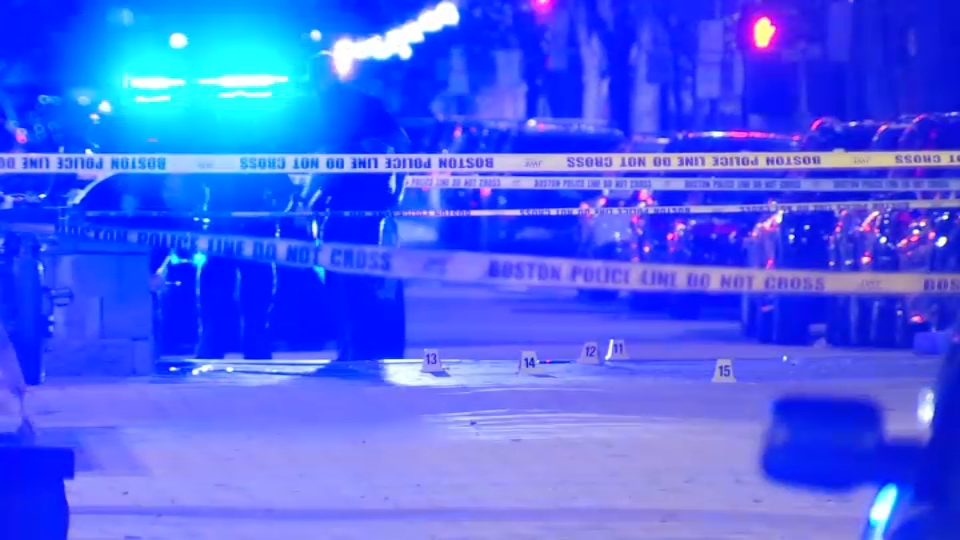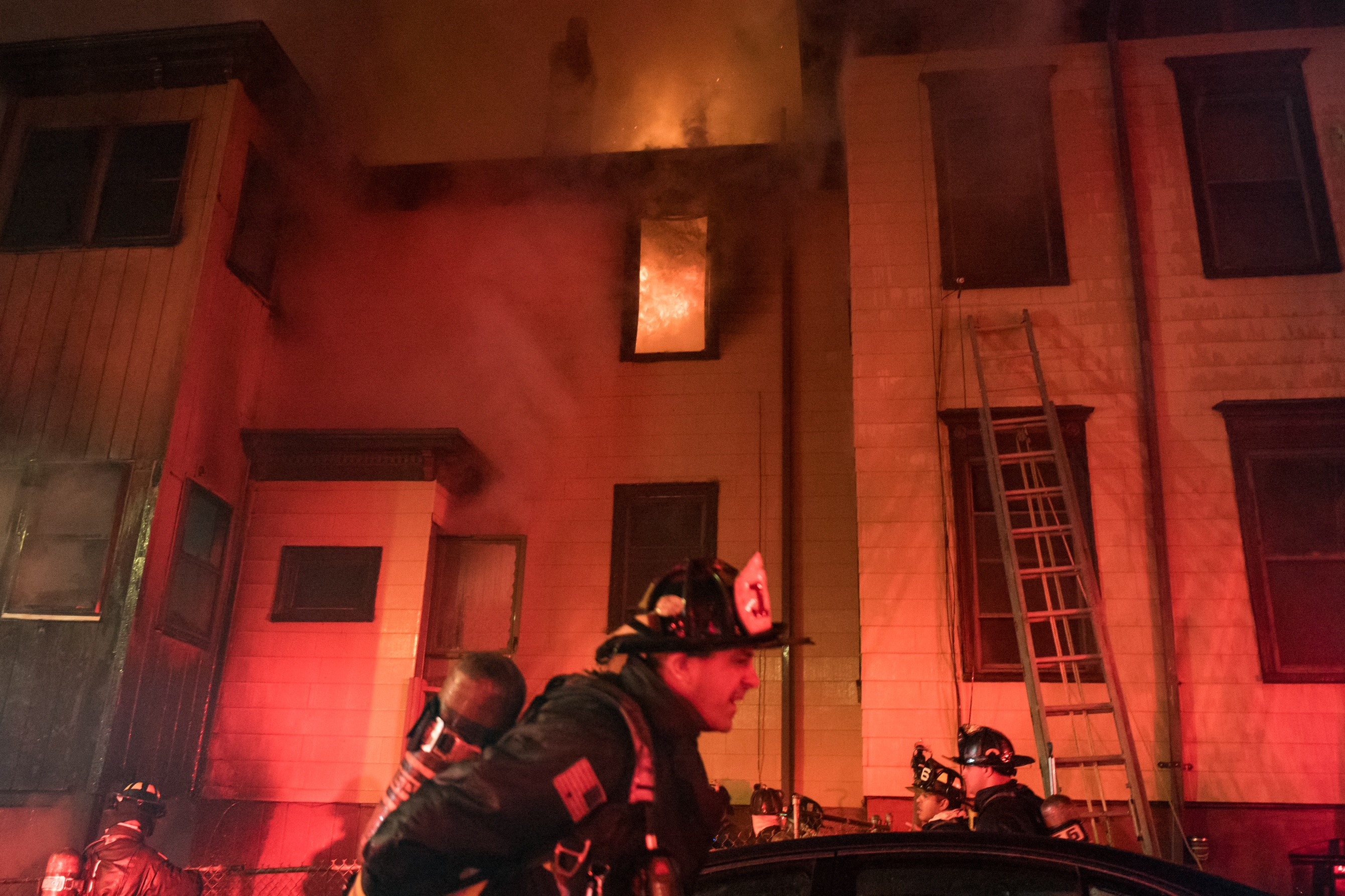After a second long morning in a Transportation Building hearing room, the crowds were sparser Friday, but the fury of taxicab drivers against what they call "illegal" competition from Uber and Lyft was just as intense.
Cabbies were outraged that the state scheduled hearings on Governor Deval L. Patrick's proposed regulations for "car-sharing" services on Wednesday, Dec. 31, New Year's Eve, which is normally their busiest day of the year. So the state added a second round of hearings Friday.
While Patrick has described the regulations as an effort to put some controls and guidelines around the fast-growing smartphone-based car-hire services, cabbies argue Patrick is just legitimizing an illegal and illegitimate form of "gypsy cab" that can evade all the rules and regulations they have to spend thousands of dollars complying with.
"Technology cannot allow people to break the laws every single day," said Tiffany Mitchell, a manager with Top Cap and City Cab.
Referring to Uber’s huge market valuation by Wall Street investment bankers, Mitchell said, "You cannot let a $40 billion bully come into this town and dictate over laws that have been existing for many, many years" and crush law-abiding taxi competitors.
The unregulated competition from Uber and Lyft has slashed the value of owning a taxi medallion in Boston, with medallion prices plunging from $730,000 to $500,000 in the last 12 months, medallion transfer data show.
Patrick's regulations would require Uber, Lyft, and other ride-sharing drivers to get state operating certificates, conduct criminal background checks of drivers, and provide insurance coverage to protect riders and drivers. Boston Police, who regulate the cab business in the city, have asked officials to add in provisions calling for some way -- similar to a taxi sign or logo –- for them to identify ride-share vehicles operating on the city’s streets. Those regulations become official Jan. 16, but to be enforced, will require legislators to adopt legislation giving the Department of Public Utilities new authority to regulate what are being called "transportation network companies."
Massachusetts
The latest news from around the state
While opposition is strong, many Uber and Lyft drivers and representatives of the companies have testified in favor of the governor's regulation, calling them a solid way to provide protections for consumers and drivers while allowing consumers to continue to enjoy an alternative to taxis and allowing people who want to drive part-time to continue earning money through the Uber and Lyft services.
Gordon Gossage, who said he's driven about 2,400 times for Uber and Lyft and is connected with a hedge fund that's made big investment bets against taxis and for Uber, said riders are voting with their wallets against today's taxi business and its notoriously terrible service.
"The consumers have sided against you. the consumers want this. the voters want this," Gossage told a group of taxi drivers sitting near him in the hearing room as they jeered and swore at him.
Gossage argued that the cab industry’s fight against the new wave of smartphone-based ride-sharing is futile.
"You're too small an industry. Uber is too big, OK? It's a tragedy," Gossage said. "It's a tragedy. It's a tragedy. But the current system is dying. It's just dying."
With videographer Daniel J. Ferrigan



